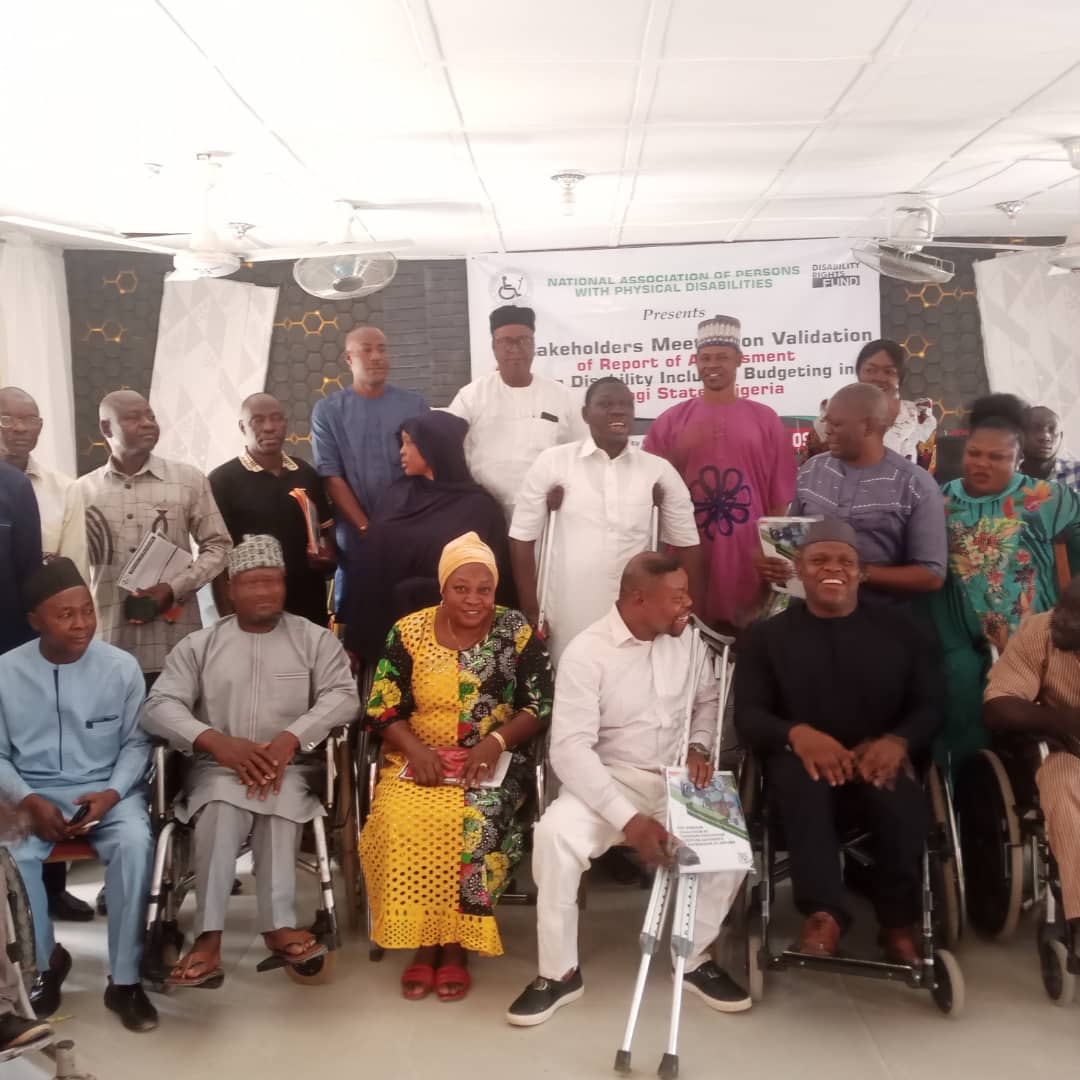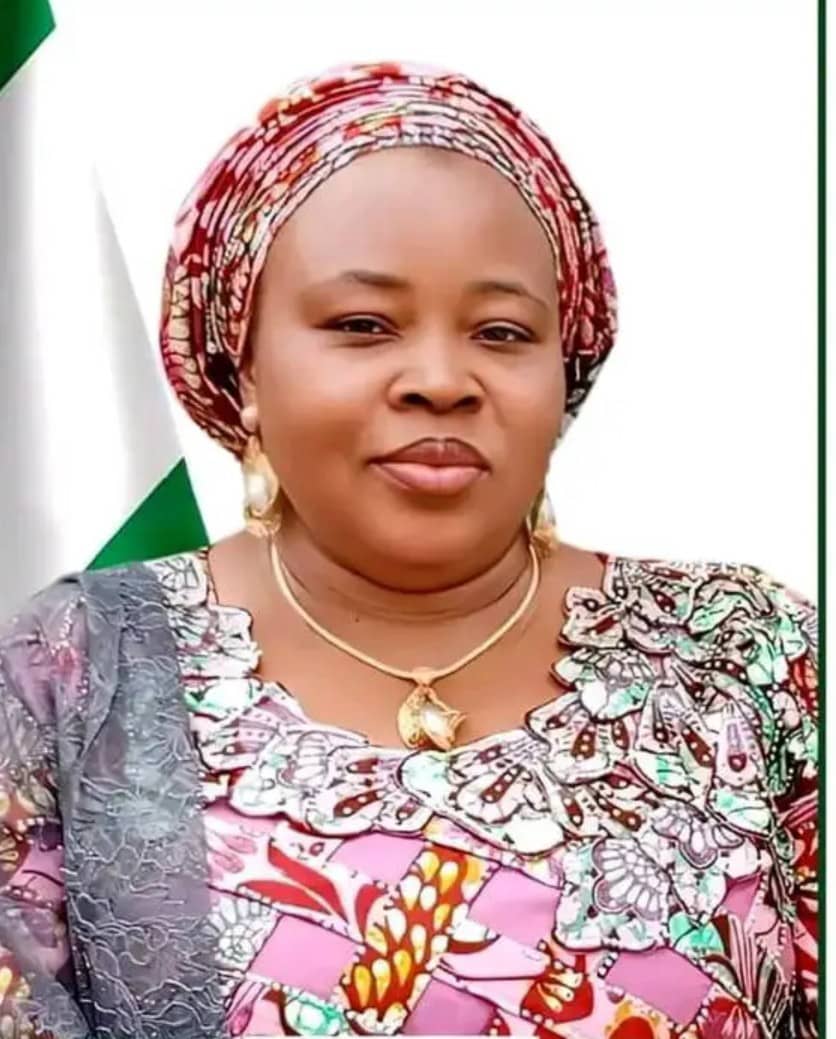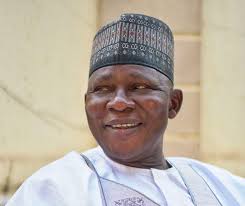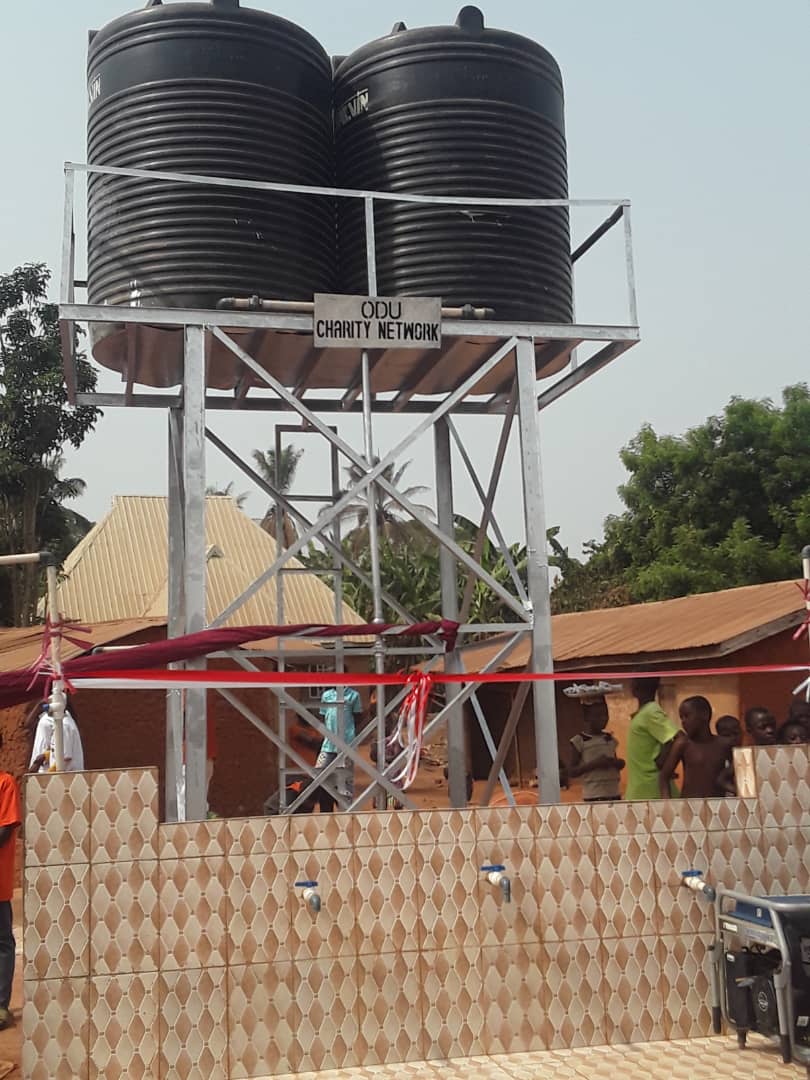Bilkisu Abdullahi-Yahuza
National Association of persons with Physical Disabilities has presented a charter of demand to Kogi state government.
Chief of staff to The Special Assistant (SSA) to the presidency on Special Needs and Equal Opportunities Barrister Yusuf Achenyo-Iyodo presented the Charter of Demands to representatives of Various ministries and the twenty one Local Government Area of Kogi State in Lokoja.
Barrister Achenyo-Iyodo explained that the charter was to ensure Re-focus efforts aimed at redressing inequality for people with disabilities, ensure that people with disabilities benefit from resource allocation and participate for growth and development.
According to him all the demands presented were endorsed by all
members of the disability community and the Kogi State Office for Disability Afairs.
Barrister Achenyo-Iyodo noted that a better, inclusive and equatable society for persons with disabilities was possible.
Part of the demands includes, Ministry of Finance, Budget and planning (MOFBP) to include in the annual BCCs, a requirement for MDAs and LGs to clearly demonstrate in their respective BFPs specific actions and resources allocated to address disability, among other equity issues.
Inclusion of disability related interventions in the annual budgets and validate the quality of
performance information- program outcomes and sub-program outputs related to disability.
Government should ensure disability responsiveness is included in the annual performance agreements of accounting officers.
Collation of data on the costs of disability inclusion, in order to correct any imbalance among different ministries and between State and local government.
Maximum available resources, both domestic and international, are mobilized across sectors and
government levels. All ministries and public agencies allocate resources to ensure non-discrimination and to progressively make their services accessible and inclusive to all persons with disabilities.
The charter of demands on the rights of persons with disabilities to inclusive budgeting/spending and development, developed
through a consultative process involving representatives of all clusters and associations of persons with disabilities from across the twenty one Local Government Area of the State.
• Public resources follow responsibilities devolved from State to local governments within the frame of fiscal decentralisation to ensure that local authorities have the means to deliver the services and support they are mandated to deliver for persons with disabilities.
Revenue generation, including taxation, takes into consideration the extra costs faced by persons with disabilities.
• Budgeting processes and reports are transparent, with agreed-upon indicators for monitoring the
progress of disability-compliant budgeting, including not only budgetary allocation but actual
expenditures as well.
• Sectors should take appropriate measures to ensure that persons with disabilities benefit from and
participate in the mainstream sector programmes.
• Provision of budgetary oversight and accountability for disability inclusion in policies, plans and
budgets.
• The development of State Disability-Inclusive Planning Guidelines and to ensure that sectors comply
with the requirements of the guidelines.
• Government to commission periodic disability-specific studies, to raise awareness in the public sector about disability-inclusion.
• Government to mainstream disability in the plans, evaluation and reviews, and work with other entities to monitor progress towards development of Standards for disability related services.
• Persons with disabilities, including women and children, through their representative organisations, should be closely consulted in planning and execution of budgets at the State and local levels, with
specific attention to the most marginalised clusters.
The overall public financial management system contributes efficiently and effectively to CRPD
implementation, Using all available instruments (transfers, public procurement, grants, contracts, tax
credit, revenue generation, etc.).
Government conduct an accountability-sector disability situation analysis to inform prioritisation of disability interventions.
• Provisions of sectoral financing for disability-inclusion.
Government ensure disability-inclusive criteria in certification/approval of sector budget framework paper.
Government commission/undertake disability audits.
Collection of poverty data disaggregated by disability.
Integration of disability indicators in State surveys.
Provision of tax exemption on assistive devices and other materials required for daily functioning of people with disabilities.
Support capacity building for disability programming by sectors and local governments.
Promote community awareness on the rights of persons with disabilities.
Government complete the inclusive education policy and implement a time-bound plan for the
transition from special to inclusive education for all learners with disabilities.
Consider affirmative action in recruitment of qualified people with disabilities into the public sector.
Set up of Education Assessment and Resource Services (EARS) to cater for peculiarities of learners with disabilities.
Adopt universal designs to ensure that learning institutions and public spaces are accessible.
• Promote access to vocational and transferrable job skills by people with disabilities.
Conduct disability responsive budgeting training for different stockholders across levels and state-wide until clear attitudinal changes have effectuated.
The training should be continuoUs and relevant bodies should participate; as bringing atitudinal change may take some time, the training should be given
frequently.
Besides capacity building training, establishing a structure for disability affairs in each sector will helps to follow-up the implementation process.
Sectoral planning to address attitudinal bias and promoting disabler workers to decision making positions.
• An immediate budgetary commitment of at-least 2.5 per cent of GDP towards disability inclusion
endeavOurs.
• Addressing discrimination and implementing disability law in the State to protect and promote disability inclusion and equality.
. Kogi State Office for Disability Affairs budget to be increased at least 10-times for a justified fiscal
support.
health, water and sanitation, housing and employment reach
ch peonle with disabilities.
As part of it implementation of Disability Rights Fund supported project (Situation analysis of disability inclusive
budgeting/spending in Kogi State, Nigeria).
The project aims to examine and verify the extent of government
budgeting/spending for implementation of Kogi State Disability Law with regards to provisions of goods and
services for persons with disabilities in the State and in furtherance of development objective. The goal is to achieve
evidence-based data on government spending for people with disabilities, identify the gaps in the system (if any)
and to achieve evidence-based document for advocacy and engagement with relevant stakeholders.







GIPHY App Key not set. Please check settings